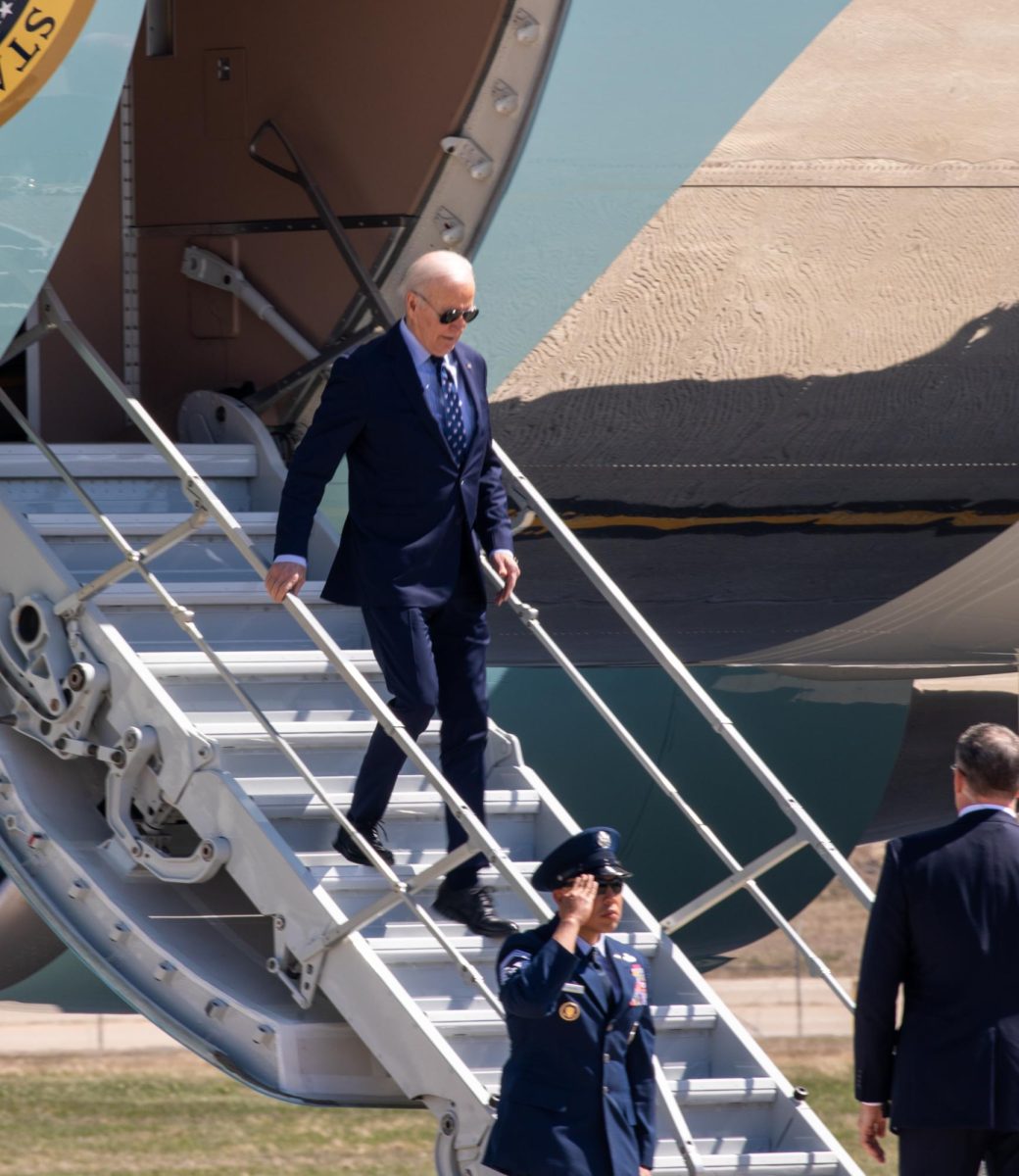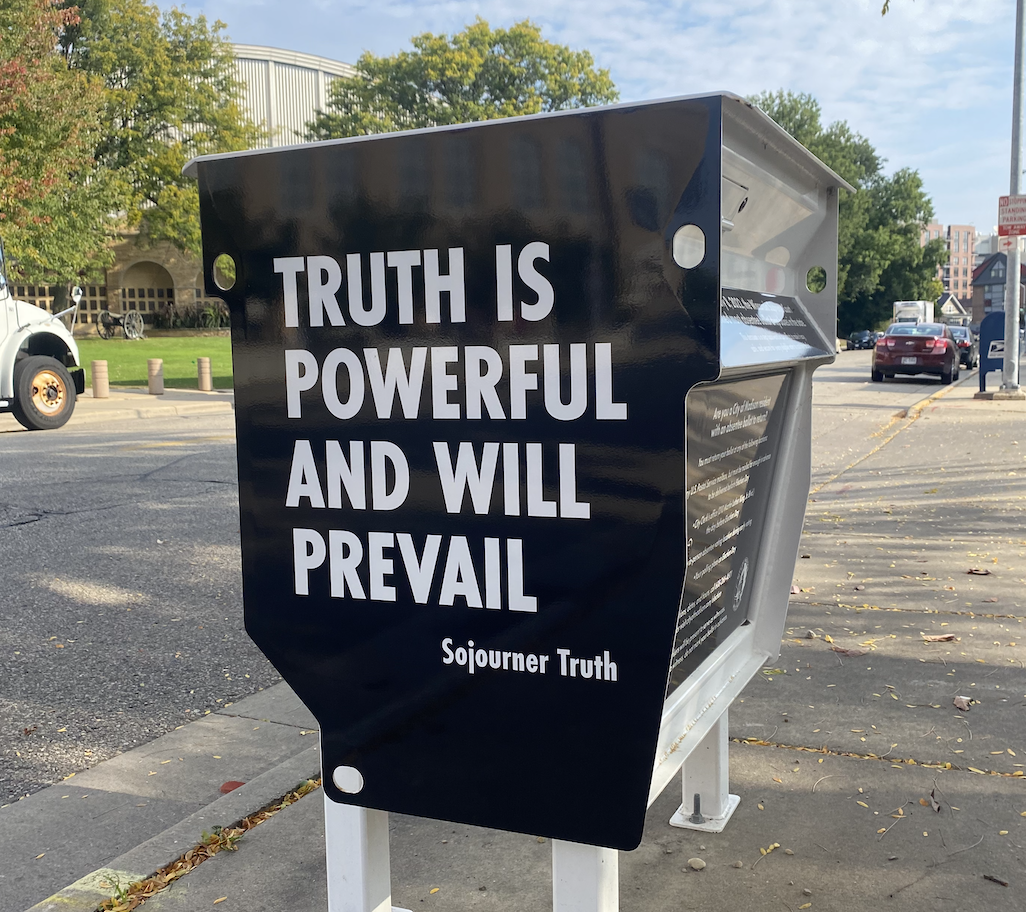In a 5-4 decision made last week, the Supreme Court unleashed the power of corporations and unions, giving them the ability to silence the voices of the citizens in a country where the government should be represented by the people and for the people.
Senator John McCain, R-Ariz., and Senator Russ Feingold, D-Wis., were the chief advocates for a law passed in 2002 that banned soft money — funds contributed to a political candidate or party that are not subject to federal regulation — and prohibited advertising for federal candidates paid for by corporations or unions within 30 days of a primary or caucus or 60 days of a general election. This law protected the interests of the public while keeping the special interests of big businesses at bay.
The security offered by the 2002 Bipartisan Campaign Reform Act to the voice of Americans has been ripped away by the conservative majority of the Supreme Court. Now that the floodgates have been opened, the amount of money corporations can pour into political advertising is comparable to the flood God sent to clean the earth of man’s corruption. Estimates appearing on ABC News place corporations’ contributions at upwards of 1 trillion dollars, an amount the average American can scarcely fathom, let alone ever hope to contribute to a candidate they support.
Before the BCRA was overturned, American citizens had a say in the outcomes of elections by exercising their right to vote. Democracy, by definition, is a form of government in which the people have a voice in the exercise of power, typically through elected representatives. Nowhere does it say “in which the corporations and unions have a voice in the exercise of power.”
A corporation is a collective entity and, by default, a machine that runs on the fuel of self-interest. For a company to survive in the present state of the economy it is going to do everything in its power to support and promote ideas and politicians who agree with its interests. The voice of the people can only be heard if there exists an equal opportunity for individuals to make their opinions known. By giving multinational corporations the upper-hand in financing political advertisements, the efforts made by individual Americans will be smothered.
In an interpretation of the Constitution, the Supreme Court said this decision was to promote political free speech. While this justification may sound good to the ears of a company like Exxon Mobil, whose business is dependent on the decisions made by lawmakers, for those of us whose pocketbooks can’t even begin to compete with the corporation’s purse strings, it acts as a muzzle.
Consider for a moment the efforts being made right now to get funding to build a fast rail between Madison and Milwaukee and other major cities. What if Chevron decided the threat of a high-speed train between here and Chicago threatened its sales of gasoline? Potentially, in an effort to protect the best interests of the company, Chevron could decide to funnel an incredible amount of money into the advertising campaign of a candidate who is against connecting these cities via train. Just like that, all the efforts made by pro-rail advocates would be overshadowed by an oil company’s quest to be a dominant source of fuel.
This example is only one of countless situations that could be affected by this new law. If ever a person felt his or her actions didn’t make a difference before, the sentiment will now increase tenfold. It will no longer be just a feeling; it will be a harsh reality. Right now it is essential that the people in this country know their representatives are elected based on the majority of their votes, not because the wealthiest business executives used their positions in major corporations to promote special interests.
It could be argued that the fundraising power of corporations is already apparent in political campaigns, and the results of elections really won’t be affected. As true as this statement might be, this law has removed the blockade that stood in the way of businesses directly giving money to a campaign. Before, corporations had to find creative ways to filter their money into advertisements. Now it is that much easier for them to make their opinions and desires known. This ruling could be the gateway to more laws that would further diminish the voice of the people.
Unless legislation is passed to fix the damage the passing of this bill could cause, the effects on the outcomes of elections will no longer be a reflection of the wants and needs of a public, but rather a clear representation of the special interests of corporations and unions across the country.
Chelsea Lawliss ([email protected]) is a sophomore intending to major in journalism.







